All Tomorrow’s Parties Meaning: Unveiling the Layers of a Timeless Song
The song “All Tomorrow’s Parties,” written by Lou Reed and performed by The Velvet Underground, is a hauntingly beautiful piece that has intrigued listeners since its release in 1967. With its melancholic melody and profound lyrics, the song has been interpreted in various ways over the decades. In this comprehensive analysis, we will delve into the meaning of “All Tomorrow’s Parties,” exploring its themes, historical context, and the various interpretations that have emerged over time.
Contents [hide]
Introduction to “All Tomorrow’s Parties”
The Origins of the Song
“All Tomorrow’s Parties” was a significant track on The Velvet Underground’s debut album, “The Velvet Underground & Nico.” Produced by Andy Warhol, the album is considered a cornerstone of avant-garde rock music. The song stands out with its unique instrumentation, including the use of a prepared piano by John Cale and Nico’s deep, haunting vocals.
Initial Reception and Legacy
Upon its release, “All Tomorrow’s Parties” received mixed reviews. Some critics were puzzled by its unconventional sound, while others praised its originality. Over the years, however, the song has garnered acclaim and is now regarded as one of The Velvet Underground’s masterpieces. Its enduring popularity is a testament to its deep and multifaceted meaning.
Exploring the Lyrics of “All Tomorrow’s Parties”
The Narrative Structure
The lyrics of “All Tomorrow’s Parties” tell the story of a “poor girl” who experiences a sense of melancholy and resignation as she prepares for future social events. The song paints a vivid picture of her life, characterized by loneliness and a longing for something more.
Key Themes
Melancholy and Resignation
The central theme of the song is a profound sense of melancholy. The “poor girl” is a figure of sadness, trapped in a cycle of social gatherings that bring her no joy. This theme is emphasized by the repetitive structure of the lyrics, which mirror the repetitive nature of her life.
Marginalization
The song also addresses themes of marginalization and social exclusion. The “poor girl” is on the fringes of society, attending parties where she feels out of place. This theme resonates with many listeners who have experienced similar feelings of alienation.
Futility and Hopelessness
Another important theme is the futility of the “poor girl’s” attempts to find happiness in her social life. Despite her efforts to prepare for the parties, there is a sense of hopelessness that permeates the song. This theme is underscored by the somber tone of the music.
Historical and Cultural Context
The 1960s: A Time of Social Change
“All Tomorrow’s Parties” was released during a period of significant social change in the United States. The 1960s were marked by a spirit of rebellion and experimentation, both in music and in society at large. The Velvet Underground, with their avant-garde approach, were at the forefront of this cultural revolution.
Andy Warhol’s Influence
Andy Warhol’s influence on the song cannot be overstated. As the producer of “The Velvet Underground & Nico,” Warhol brought his unique vision to the project. His fascination with fame, art, and society’s outsiders is reflected in the themes of “All Tomorrow’s Parties.”
Interpretations of “All Tomorrow’s Parties”
Personal Interpretations
Lou Reed’s Vision
Lou Reed, the songwriter, often drew inspiration from the people and events around him. Some interpretations suggest that the “poor girl” in the song was based on individuals Reed knew personally, possibly from Warhol’s circle of friends and associates.
Nico’s Performance
Nico’s distinctive voice adds another layer of meaning to the song. Her deep, almost monotone delivery conveys a sense of detachment and sorrow that enhances the melancholic themes of the lyrics.
Critical Interpretations
Feminist Readings
Some critics have interpreted “All Tomorrow’s Parties” through a feminist lens, seeing the “poor girl” as a symbol of women’s struggles for identity and acceptance in a patriarchal society. Her preparation for the parties can be seen as a metaphor for the pressures women face to conform to societal expectations.
Existentialist Readings
Others have viewed the song as an existentialist meditation on the human condition. The “poor girl’s” futile search for happiness and meaning reflects the existentialist themes of absurdity and the search for purpose in an indifferent universe.
Musical Analysis
Instrumentation and Arrangement
The instrumentation of “All Tomorrow’s Parties” is as unique as its lyrics. John Cale’s use of a prepared piano creates a haunting, ethereal sound that complements Nico’s vocals. The song’s minimalist arrangement adds to its sense of melancholy and resignation.
The Role of the Prepared Piano
The prepared piano, with its altered sound produced by placing objects on the strings, gives the song a distinctive, otherworldly quality. This innovative use of the instrument was a hallmark of The Velvet Underground’s experimental approach to music.
Nico’s Vocal Performance
Nico’s vocal performance is central to the song’s impact. Her voice, often described as “cold” or “detached,” perfectly captures the emotional tone of the lyrics. Her German accent adds an additional layer of distance and alienation.
The Legacy of “All Tomorrow’s Parties”
Influence on Music and Culture
“All Tomorrow’s Parties” has had a lasting impact on both music and culture. It has been covered by numerous artists, each bringing their own interpretation to the song. Its influence can be seen in the work of many musicians who have cited The Velvet Underground as an inspiration.
Cover Versions
Some notable covers of “All Tomorrow’s Parties” include those by artists such as Japan, Siouxsie and the Banshees, and Nick Cave and the Bad Seeds. Each cover version highlights different aspects of the song’s meaning, demonstrating its versatility and enduring appeal.
Festivals and Tributes
The song’s legacy is also evident in events like the All Tomorrow’s Parties music festival, which was named in its honor. This festival, known for its eclectic lineups and intimate settings, reflects the spirit of experimentation and innovation that characterized The Velvet Underground’s music.
FAQs About “All Tomorrow’s Parties”
What is the meaning of “All Tomorrow’s Parties”?
“All Tomorrow’s Parties” explores themes of melancholy, resignation, and marginalization through the story of a “poor girl” who prepares for future social events. The song reflects feelings of alienation and hopelessness, capturing the emotional struggles of its protagonist.
Who wrote “All Tomorrow’s Parties”?
The song was written by Lou Reed, the lead songwriter for The Velvet Underground. It was first performed by the band on their debut album, “The Velvet Underground & Nico,” which was produced by Andy Warhol.
Why is the song called “All Tomorrow’s Parties”?
The title “All Tomorrow’s Parties” suggests a sense of endless repetition and futility. It reflects the protagonist’s constant preparation for social events that ultimately bring her no happiness, highlighting the themes of hopelessness and resignation.
What is the significance of Nico’s vocals in the song?
Nico’s vocals are a crucial element of “All Tomorrow’s Parties.” Her deep, detached voice conveys a sense of sorrow and alienation that enhances the melancholic themes of the lyrics. Her performance adds an additional layer of emotional depth to the song.
How did Andy Warhol influence “All Tomorrow’s Parties”?
Andy Warhol’s influence is evident in the song’s themes and production. As the producer of The Velvet Underground’s debut album, Warhol brought his fascination with fame, art, and society’s outsiders to the project. His vision is reflected in the song’s exploration of marginalization and the human condition.
Conclusion
“All Tomorrow’s Parties” remains a timeless and enigmatic song that continues to resonate with listeners. Its rich tapestry of themes, from melancholy and resignation to marginalization and futility, offers a profound commentary on the human condition.
Through its haunting lyrics and unique musical arrangement, the song invites us to reflect on our own experiences of alienation and the search for meaning. As we unravel the layers of “All Tomorrow’s Parties,” we uncover a piece of art that is as relevant today as it was in the 1960s, a true testament to the enduring power of The Velvet Underground’s music.


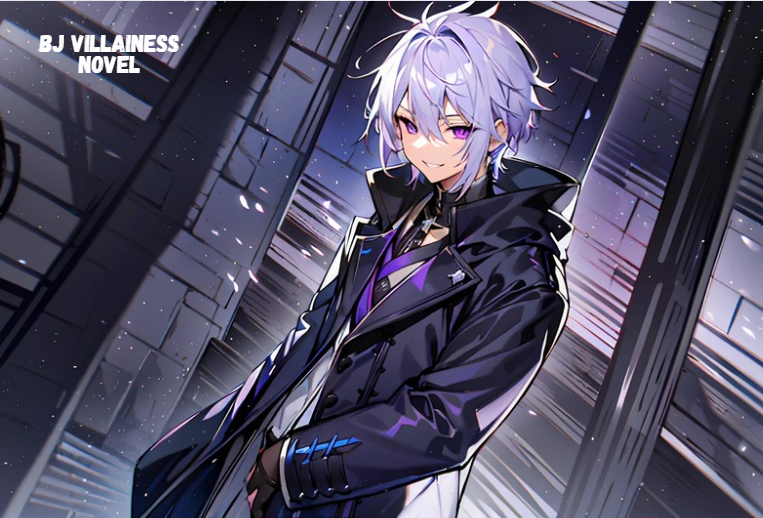
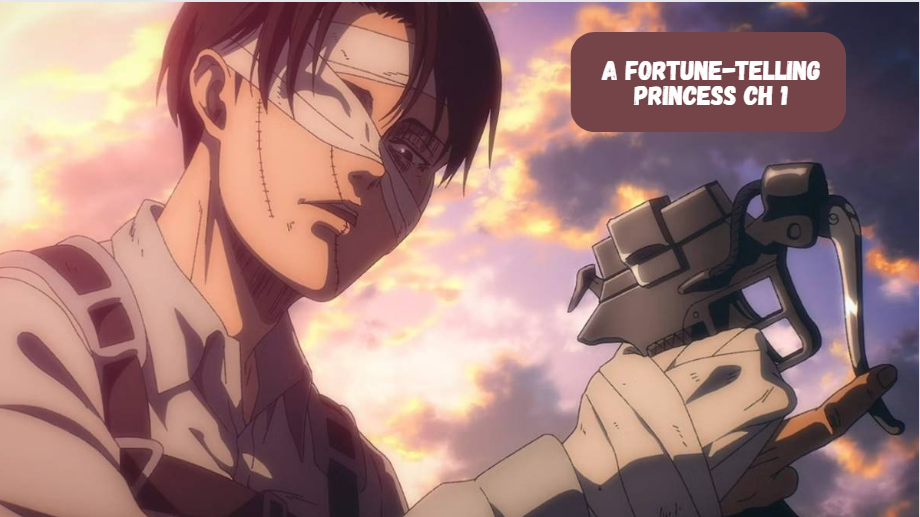


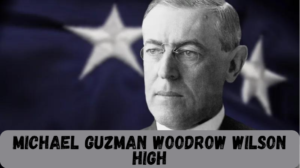


















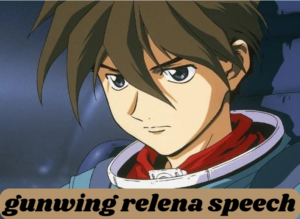

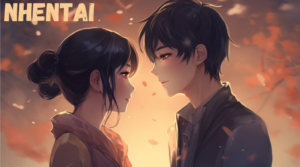




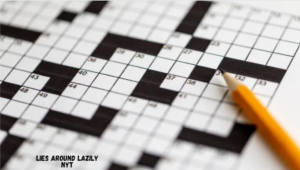

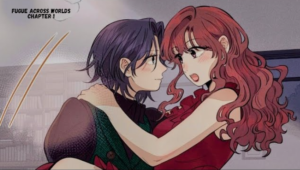




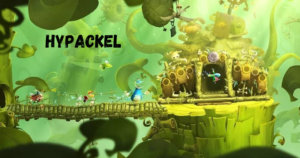










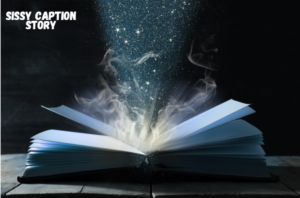



Post Comment